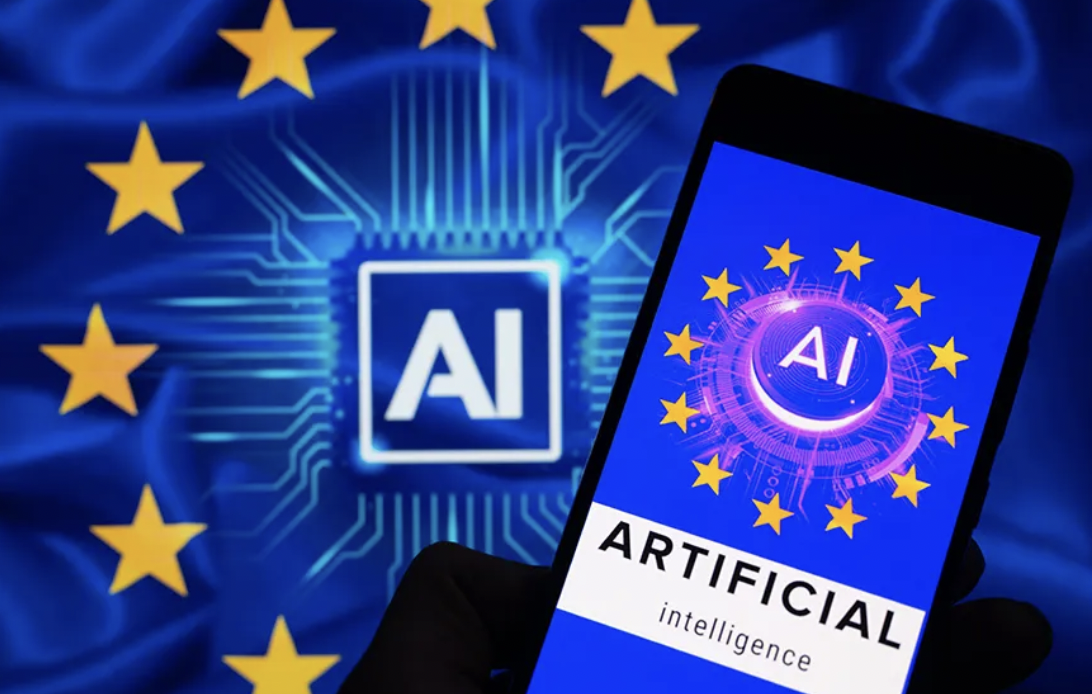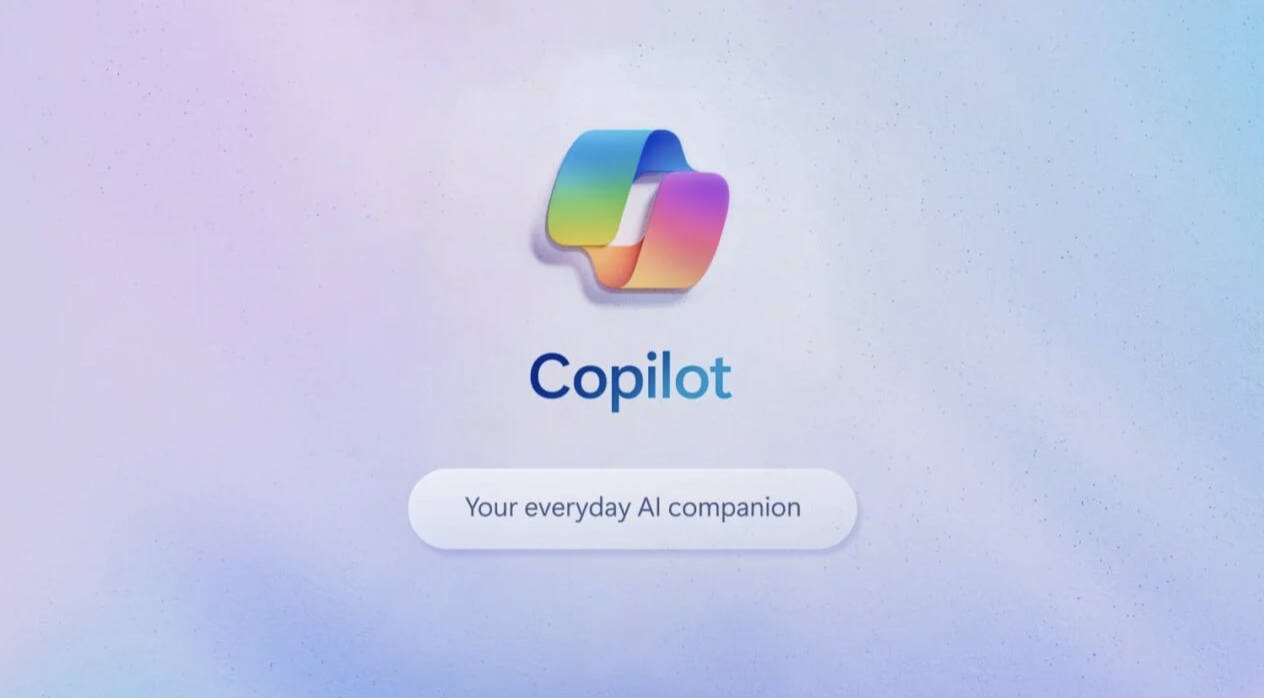Music Industry Shows Support For EU AI Legislation

In a landmark move, the European Union Council, Commission, and Parliament solidified an agreement on AI transparency principles, establishing a potential global benchmark for AI legislation. GEMA and IFPI, representing music industry interests, expressed support for the agreement, emphasizing the need for AI providers to transparently disclose training data. The AI Act, a pioneering legislative initiative, seeks to harmonize rules for AI, focusing on safety, fundamental rights, and adherence to EU values. Because of the recent lack of clarity in the realms of AI, the agreement addresses societal concerns surrounding AI’s potential harm, presenting a risk-based approach. Carme Artigas, Spain’s State Secretary for Digitalization and AI, hailed the agreement as a historical achievement.
GEMA, representing over 90,000 copyright holders, and IFPI, the global recorded music industry organization, welcomed the agreement’s potential impact on generative AI. Despite progress, GEMA CEO Dr. Tobias Holzmüller stressed the need for further refinement, calling for a transparent regime obliging AI providers to submit detailed evidence on training data. IFPI echoed support, emphasizing essential principles like transparency obligations and compliance with EU copyright standards.
The provisional agreement introduces rules for high-impact general-purpose AI models, a revised governance system, prohibitions on specific AI uses, and enhanced rights protection. However, concerns persist regarding potential overregulation and inadequate mandates for disclosing personal information used in AI training. Industry leaders, including OpenAI CEO Sam Altman, have expressed reservations, with some contemplating withdrawal from Europe if regulations prove overly stringent. EU Commissioner Thierry Breton hailed the AI Act as a historic launchpad, positioning the EU as a global AI leader.
Warner Music Group CEO Robert Kyncl urged the EU to seize the opportunity to enact meaningful transparency requirements, emphasizing the pivotal role AI plays in transforming industries. However, EU officials plan to vote on the proposals in early 2024, targeting implementation by 2025. Despite the implementation still being many months away, the EU’s digital policy influence, exemplified by GDPR, extends to shaping AI regulations, marking a pivotal moment in the global AI landscape. The US, UK, and China are also poised to unveil their AI rules, intensifying the global AI regulatory race.
Find out more here.



